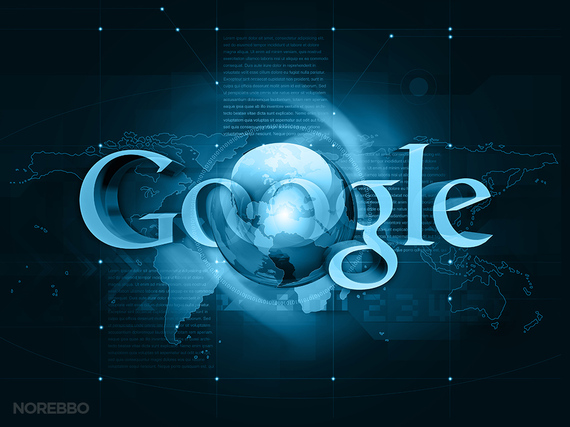Many have commented on the proposed name change of Tribune Publishing to tronc. Most of the comments have been critical. Rather than just add to the chorus of criticism, I thought I would try to provide some insight into (1) when company decision makers should (or should not) change their company's name and (2) how they should go about doing it.
Company decision makers should not change the company name without sufficient thought
Since the company name is an extremely important branding element, changing the name should only be done if there are really good reasons. Too many executives change the name of their companies without giving this important decision sufficient consideration. The reasons why it is usually a bad idea to change your company name typically include the following:
- Negative impacts on relationships. If the company has been in business for a while and has a loyal following of customers, vendors, stockholders, and other important publics, changing the name disrupts the relationship with these important stakeholders. Have you ever known people that have changed their name after you have known them for a long time? If you have, you know it is hard for you to adjust to their new names.
- Costly. Name changes cost more than most executives think. Signs on places of business, vehicles, letterhead, business cards, stock call letters, phone and other database listings, social media handles, and so many other things have to be changed. This will take time, and cost you a lot of money.
- Neural connection costs. More costly than physical name change implementations are the costs to rewire the brains of all the people that have learned your company name. Those neural connections in the brains of constituents took a long time to build. They are likely to take longer to dismantle and replace with new connections. Like any brain surgery, the repair and recovery period is hard to determine and usually more difficult than anyone thought.
Some costly examples of company name changes include: Research In Motion to Blackberry, Kraft to Mondelez, Datsun to Nissan, or JC Penney to JCP.
If it is usually a mistake, why do executives do it?
Too often, decision makers change the company name (1) on a whim, (2) because they just took over the company and want to put their own mark on the business, or (3) it's easier to change the name to signify change rather than implement strategies that will have a positive impact on the business. These are not great reasons - especially since they are "inside-out" or coming from inside the heads of the executives. If a name change is required, it should be "outside in" coming from the needs of the marketplace - especially from customers and prospects.
When company names should be changed
There are situations where it is a good idea to change the company name. Examples include:
- Damaged reputation. If the company suffers from a seriously damaged reputation, it should consider changing its name. ValuJet flight 592 crashed in the Florida everglades on May 11, 1996 killing all 110 people on board. Because improperly stored cargo was deemed the cause of the crash (and it already had a poor safety record), the airline had little choice but to change its name. As a result, it chose to merge with AirTran, and took on that airline's name.
- Business changes. Apple Computer became Apple Inc. when it added phone, tablet, iTunes, and other product lines to its computer offerings. After it made the change, Apple was able to widen its brand platform and grow to become the most valuable company in the world. Many companies, however, were able to successfully reinvent their businesses without changing their names. Examples that come to mind include IBM, Hewlett-Packard, and 3M.
- Allow innovations. Google changed its corporate name to Alphabet to create a wider brand platform that allowed for (1) products beyond those for which it was known and (2) innovative products that might fail. Innovation is fraught with failure, and if a product line fails, the company would like to isolate the failure so the negative side effects do not spill over to its other products.
Even if decision makers find themselves in the above situations, they should make sure that the reasons for making a change outweigh the reasons for keeping the previous name.
How should companies change their names?
Once the tradeoffs are properly weighed, decision makers should select a name that...
- Leverages brand equity. Unless the image of the former company is bad or wrong for the new business, the new name should be selected to take advantage of the brand equity built up in the former name. Apple Computer to Apple, Inc. is an example that leverages the Apple handle.
- Adds value. Once constituents see or hear the name, they should learn one or more of the following: (1) the business the company is in, (2) the benefit they will derive from that business, and/or (3) the reason they should buy from the company over competitors. If the name is able to communicate one of the three, the logo and slogan should help with the other two.
- Creates a sufficiently wide brand platform. As Google did with Alphabet and Apple did with Apple, Inc., the company name should be broad enough to enable it to cover existing product lines and add new product lines in the future.
Alphabet versus tronc
While time will tell if the Tribune name change to tronc is successful, based on the criteria provided in this article, it is not likely that it will be. On the other hand Alphabet frees Google to add any innovative product lines from A to Z, and if one of those product lines fail, it is unlikely to spillover to damage the Alphabet or Google brand. I wish Tribune company the best of luck. Based on what I see now, they are going to need it.

